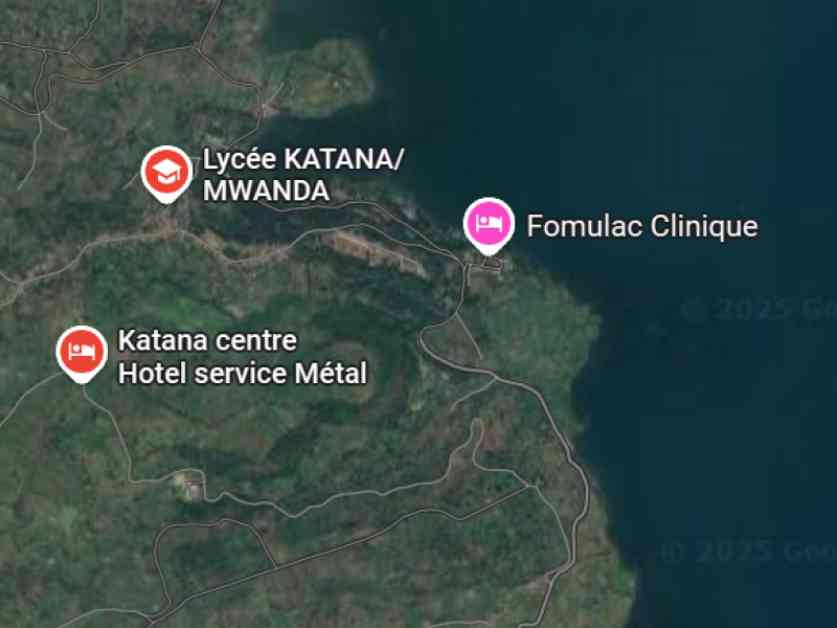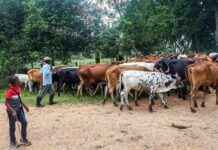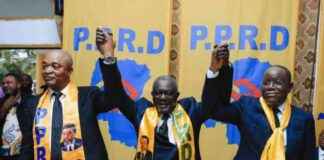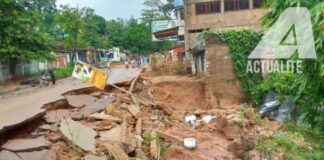Rebels of the M23 movement have made significant advances in the Kabare Territory of the South Kivu province by capturing the town of Kabamba and the city of Katana. These two strategic locations, just seven kilometers apart, now lie under the control of the rebels following fierce clashes that lasted into the late hours of Thursday night. The Congolese army was forced to retreat to Katana after losing control of Kabamba in the face of relentless rebel attacks.
As the sun rose on Friday morning, the residents of Katana awoke to the unsettling news that their city had fallen to the M23 rebels. The situation on the ground was tense, with reports of sporadic fighting in both Kabamba and Katana. Despite the swift takeover by the rebels, there was an eerie calm in the newly captured territories, with residents going about their daily routines cautiously, unsure of what the future held.
One resident of Katana, speaking under the condition of anonymity, shared, “The rebels are here in Katana, greeting people as if nothing has changed. They seem to be regrouping before advancing further towards the airport in Kavumu.” The atmosphere in the city was a mix of fear and resignation, as the residents grappled with the reality of living under rebel control and the uncertainty of what lay ahead.
With the sounds of gunfire now silenced in Kabamba and Katana, some residents opted to flee to the relative safety of Bukavu, the provincial capital. The exodus was marked by a sense of urgency, with families carrying their belongings, including mattresses and young children, as they sought refuge from the escalating conflict. The sight of families fleeing their homes painted a grim picture of the human toll of the ongoing violence in the region.
Meanwhile, in Kinshasa, the capital city, the government remained tight-lipped about the rebel advance towards the Kabare Territory, which lies in close proximity to Bukavu. A military source in Kinshasa hinted at forthcoming communication from the authorities regarding the situation, emphasizing the need for timely updates amid the escalating crisis in the South Kivu province.
The province had already borne witness to a significant influx of displaced persons fleeing the M23 rebels’ advance on Goma, the provincial capital. The mounting humanitarian crisis and loss of lives in the conflict had left many residents disillusioned and desperate for a swift resolution to the ongoing violence. A government official in Katana echoed the sentiments of many, highlighting the urgent need for dialogue and negotiation to bring an end to the suffering of the local population.
Despite international calls for a ceasefire and diplomatic efforts to quell the rebel insurgency, the M23 fighters continued their offensive in the South Kivu province, defying regional and global appeals for peace. The situation remained precarious, with the European Union urging both the rebels and neighboring countries like Rwanda to de-escalate the conflict and prioritize the well-being of the Congolese people.
As the conflict raged on in the region, the fate of the civilians caught in the crossfire hung in the balance, their lives upended by the relentless march of violence and unrest. The need for a lasting resolution to the crisis in the South Kivu province had never been more urgent, as families grappled with the harsh realities of displacement, loss, and uncertainty.

















